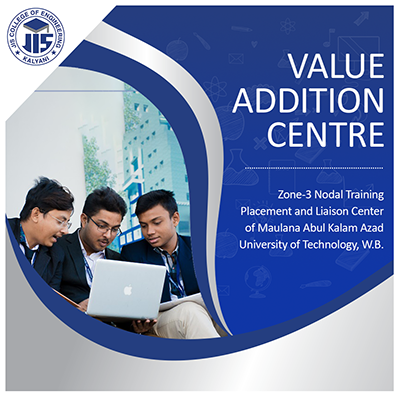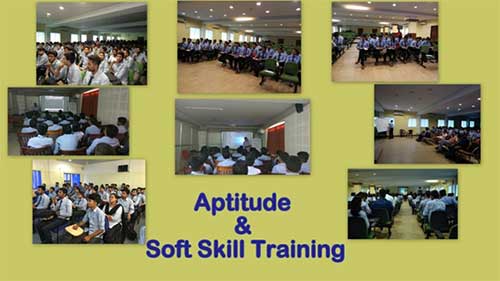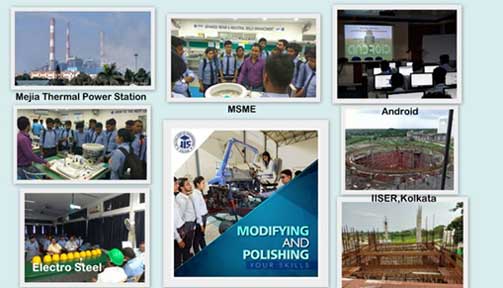Training & Placement Overview
Training and Placement

The Placement Cell plays a crucial role in locating job opportunities for Under Graduates and Post Graduates passing out from the college by keeping in touch with reputed firms and industrial establishments. The Placement Cell operates round the year to facilitate contacts between companies and graduates. The number of students placed through the campus interviews is continuously rising. On invitation, many reputed industries visit the institute to conduct interviews.
We have been successful in maintaining our high placement statistics over the years and the fact that our students bear the recession blues with record breaking placements itself is a testimony to our quality. Our ingenious alumnae have set new standards in the corporate world through their estimable contributions and it is my firm conviction that we will continue that legacy in the years to come.
Scope
The following are the scopes that the committee aims to accomplish in every academic year.
Aptitude & Soft Skill Training

What Are Soft Skills?
Soft Skills relate to the sociological development of what is referred to as EQ – a person’s Emotional Quotient, commonly known as Emotional Intelligence. These skills allow an individual to build relationships with others by leveraging their unique personality traits, social aptitude, communication expertise, inclusiveness and respect for others.
Soft Skills are the set of skills that a person should possess in order to face life's daily challenges successfully and to positively adapt to it. This would build the self confidence in an individual to handle life challenges in a more effective manner.
In order to visualize a clearer picture on soft skills, let us now look at some more definitions,
- Soft skills are the behaviours and characteristics that people demonstrate unconsciously and routinely
- Soft skills are learned through practice and experience
- Soft skills will take you higher in your profession while giving you the technical skills to provide an efficient service.
This module will introduce several important soft skills that are vital to overcome challenges in life.
Emphasize its importance under the following topics.
What is Aptitude Training?

Aptitude Test is one of the integral components in the entire scheme of the selection process. The areas normally covered in the aptitude tests of most companies are Quantitative ability, Reasoning, Verbal Ability and Basic Computer Skills. These tests are well structured. The kind of questions that are asked or the topics that are tested depends entirely on the company conducting the test. Each company has its own pattern.
The aptitude test normally includes questions based on:
The technical test, as the name suggests, is designed to assess your subject knowledge in your area of specialization (for eg. Computer programming, Mechanical, Electrical, Civil, Bio Medical, Electronics & Communication etc.)

